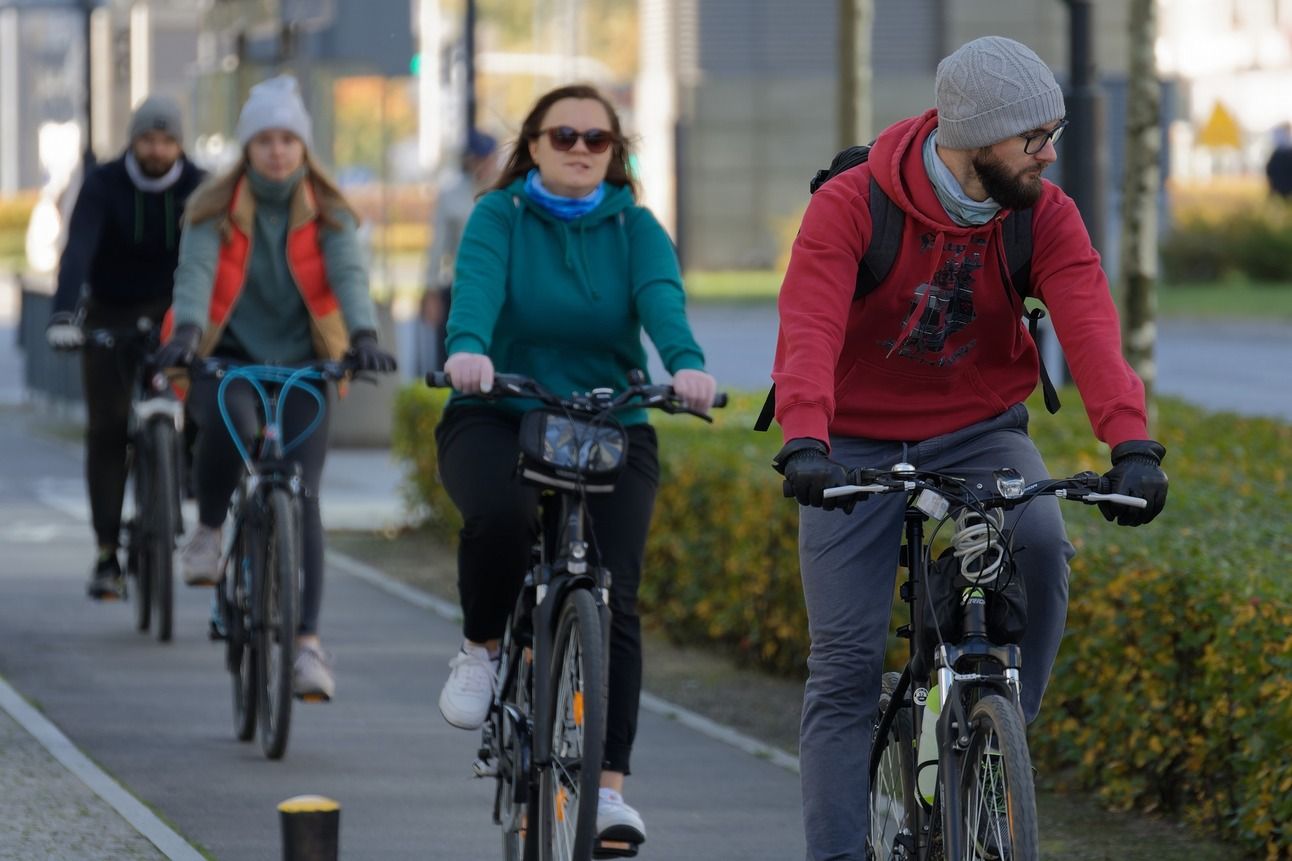- The Progress Playbook
- Posts
- Newsletter (copy 07)
Newsletter (copy 07)
Chile's ambitious solar and wind strategy pays off

Good morning!
Some good news to get things started:
Chinese households have now installed a cumulative 105GW (!) of rooftop solar capacity, regulators say.
In October, 69% of the EU’s electricity came from renewables and nuclear, per Ember data, which shows a steady decline in coal and gas use.
Know anyone else who’d be interested in signing up to this free newsletter? They can do so here.

In the first 10 months of 2023, renewables accounted for 60.5% of Chile’s electricity mix, according to data collated by energy research group Ember.
That figure could creep even higher as the year draws to a close, because November and December tend to be good months for solar and wind output.
The context: For decades, Chile relied mainly on coal, gas and hydroelectric plants to power its economy. But in recent years, policymakers have sought to make better use of the country’s enviable solar and wind resources.
Things have changed fast:
Renewables, mainly hydro, comprised just 33.1% of the electricity mix as recently as 2016 — the year that power-sector emissions peaked.
Now, wind and solar hold the largest share of the mix, with solar alone contributing over a fifth of annual electricity output — a global record.
- Read the full story here — we chatted to Chile’s former environment minister about how the country got to this point, and what comes next.

A study that looked at 13 years of traffic data has found that protected bicycle lanes make roads significantly safer for cyclists — and also for motorists and pedestrians.
“Despite bicycling being considered 10 times more dangerous than driving, the evidence suggests that high-bicycling-mode-share cities are not only safer for bicyclists but for all road users,” according to the study, which was published in the Journal of Transport & Health.
As an example, the US city where commuters are most reliant on cycling — Davis, California — has a road fatality rate of 2.3 per 100,000 residents, which is five times less than the national average.
“It is easiest to discount Davis as an anomaly,” the study reads. “Yet, Davis is not alone.”
Read the full story here.

Policymakers in the European Union have reached a provisional agreement to criminalise the destruction of ecosystems, habitats and the natural environment more broadly — or acts that are “comparable to ecocide”.
“This text marks the end of impunity for environmental criminals,” Marie Toussaint, a French lawyer and member of the European Parliament, said on X. “The new directive provides environmental defenders everywhere in Europe with powerful new legal tools to defend living things and their rights.”
The rules cover offences such as oil spills, illegal water withdrawals, leaks of toxic products such as “forever chemicals”, unauthorised logging, and the discharge of polluting substances by ships, among other things.
Read the full story here.
Other articles you might find interesting:
Have any tips, ideas or feedback for us?
Please contact [email protected].
Follow The Progress Playbook on social media:




Copyright (C) 2023, The Progress Playbook. All rights reserved.Was this email forwarded to you? Sign up here to subscribe yourself.Want to change how you receive these emails?You can unsubscribe
Reply